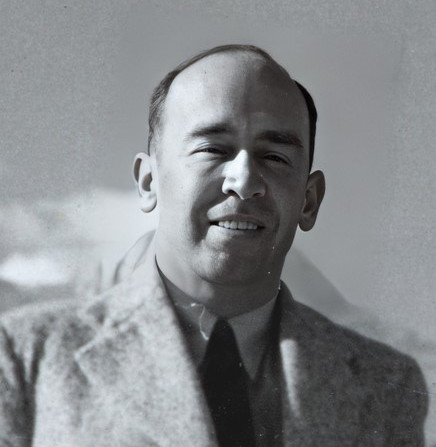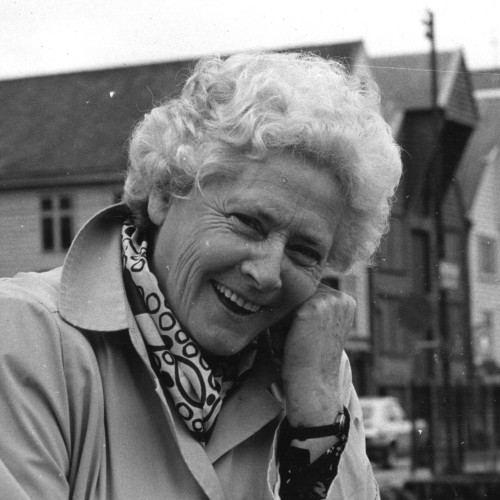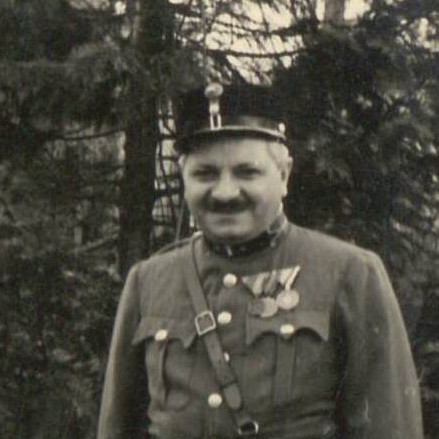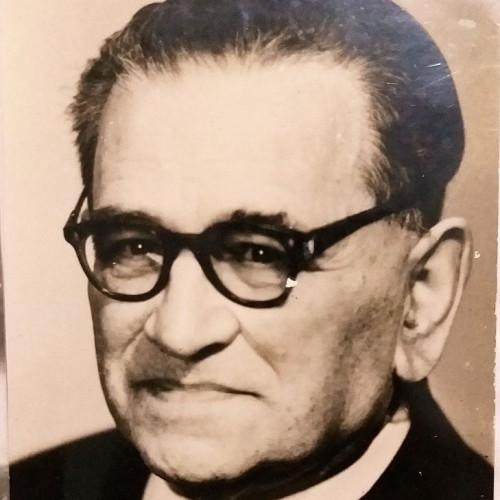Julien Bryan - Instytut Pileckiego

On 16 September 1939, the Polish Radio broadcast the following appeal: “President Roosevelt and the people of America! I speak from the besieged city of Warsaw, Poland. My name is Bryan – Julien Bryan, American photographer.
[…] My job today is to tell a simple story of what I have seen with my own eyes during these last ten days. […] America must act. It must demand the most dreadful slaughter of modern times be stopped. 130 million Americans, we ask you in the name of decency, justice and Christianity […] to help these brave Polish people.”
While speaking these words, Bryan was the only foreign correspondent in Warsaw, which was being bombed. Since 7 September, he was documenting on film and in photographs the life of the fighting city and the brutality of the German attacks against the residents of the capital. “Four days old and already a casualty of war,” said Bryan, commenting on the recording of mothers hiding with their newborn babies from an air raid in a basement of a maternity hospital. He also filmed the bodies of women lying in a field, machinegunned by a German aircraft. Moments earlier they had been digging potatoes. Bryan documented the despair of Kazimiera Mika, a girl who was crying over the body of her sister.
His appeal was not broadcast in the United States. Bryan left Warsaw on 21 September, smuggling through the German-occupied area 6 hours of footage and 700 photographs which soon became famous all over the globe. He published photo-reportages from the defense of Warsaw in the top magazines in Europe and the US. His short film Siege, comprising footage from Poland’s capital, premiered in the spring of 1940 and was watched by 40 million Americans and 200 million viewers around the world. A year later the film was nominated for an Academy Award. The images of Kazimiera Mika’s despair have become a symbol of the German terror inflicted upon civilians in Poland.
Bryan’s photographs and films contributed to making the tragic fate of Poland at the beginning of the Second World War known in the West. They served as key evidence of German crimes against civilians and discredited the propaganda pushed by the Third Reich.
After the war, Julien Bryan returned to Poland with the mission of the United Nations Relief and Rehabilitation Administration in 1946. He later visited Warsaw on several occasions, always receiving a warm welcome from the locals.
Yesterday evening, a famous American journalist Bryan spoke on the Warsaw radio in English. Having listed a number of victims of German atrocities, the journalist concluded his speech with an emotional appeal to the American people and President Roosevelt: We ask you not to help us, the little group of 42 Americans here, but to help these brave Polish people.
See also
- Svensson Bernacka Walborg

awarded
Svensson Bernacka Walborg
(1921–2005)Her first contact with Poles dated back to the Second World War, when she was helping prisoners of the German labor camp in Sandnes, a city located less than 16 kilometers from Stavanger.
- Jenő Etter (1889–1973)

awarded
Jenő Etter (1889–1973)
The mayor of the Hungarian city of Esztergom received dozens of letters written in Polish. The greeting lines themselves showed the sympathy and gratefulness of the Polish refugees: “Dear Captain!”, “Dear Doctor!”. Jenő Etter understood them all.
- Pedro Correia Marques

awarded
Pedro Correia Marques
(1890–1972)It began with penning short articles and tidying the editorial office of the “Rosário” monthly, where he had been working since 1909. By the late 1930s, Pedro Correia Marques headed “A Voz,” the most widely read daily newspaper in Portugal.


